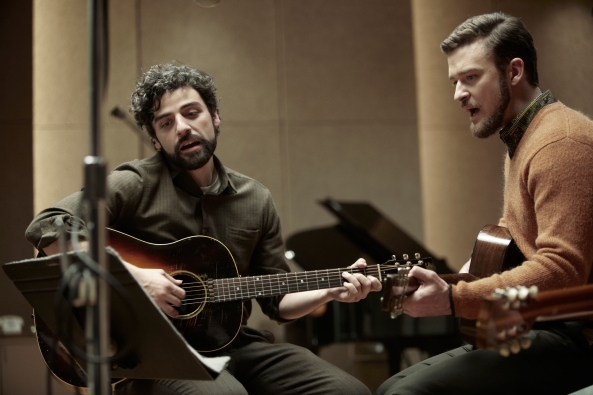The major theme across the intros to most of this year’s Best Film lists has been that the movies matter. Critics have championed the movies that could only be movies, ones that feel cinematic not because they’re big but because they can be small, because they can avoid “complex narrative” as championed by TV and use imagery and style above all to convey a different sort of complexity.
Here’s Richard Brody on the cinematic squabble:
“The ever-increasing prominence of television is, in turn, sparking a renewed reflection on the part of filmmakers about what cinema is, and what it can be. The conflict between the dependent image and the essential image, between the transparent and the conspicuous, is real and serious…The best movies this year are films of combative cinema, audacious inventions in vision. The specificity and originality of their moment-to-moment creation of images offers new ways for viewers to confront the notion of what “narrative” might be.”
And A.O. Scott:
“It is easy to conclude that movies have surrendered that long-held vanguard position. The creative flowering of television has exposed the complacency and conservatism that rules big-money filmmaking at the studio level… But within this landscape of bloat and desolation, there is quite a lot worth caring about. More important, there are filmmakers determined to refine and reinvigorate the medium, to recapture its newness and uniqueness and to figure out, in a post-film, platform-agnostic, digital-everything era, what the art of cinema might be.”
They seem to say in blunter terms, “Yeah, TV’s good, but fuck that.”
This is cinema. You can hurl around “golden age of TV” all you want, but I can’t imagine any of these stories, some of them with minimal plot, some with no discernable plot at all, being transplanted to TV.
That doesn’t mean they aren’t deeply moving works of art, experiences with beginnings, middles and ends that carry emotions, characters and visceral sensations through their durations.
These are the things you can’t find anywhere else. I don’t know if the movies are blooming or dying (the consensus seems to be both), but they continue to be groundbreaking and frankly amazing.
I’m aware there’s five seasons of “Breaking Bad” on Netflix, but these 25 movies, 15 ranked, eight unranked and two Honorable Mentions, are the stuff that will blow your mind if you gave it the time of day.
Click through to browse the gallery and read each blurb. Reviews to each film are linked in the caption of each photo. Continue reading “The Best Movies of 2013”
